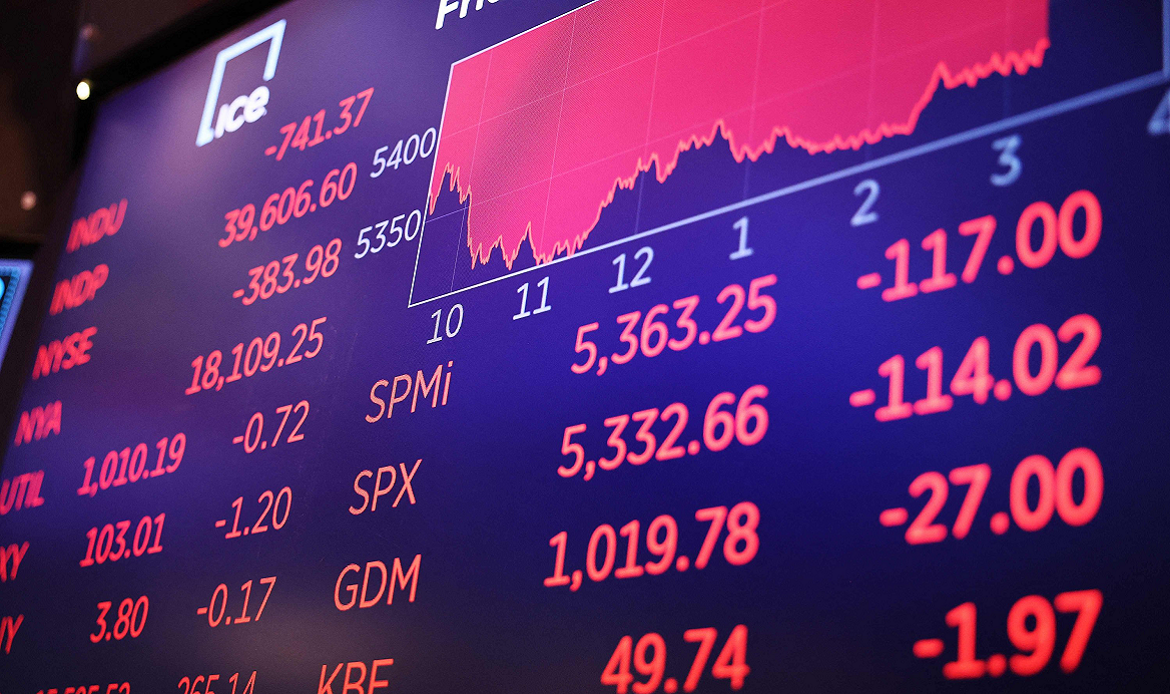A type of risk that reflects the probability that cumulative losses will arise from an event that triggers a series of successive losses related to a number of systemically important financial institutions or markets belonging to the same system or closely related systems. The successive losses hit in a fashion of pervasive chain effect. The trigger event leads to a cascade of shocks and instability affecting other financial institutions and/ or markets, and could escalate into an economic shock or institutional failure in a specific sector of the economy (e.g., the financial sector).
Systemic risk may also harbor the potential for an economic shock that induces a great amount of volatility in asset prices, significant lack of liquidity in the market, potential bankruptcies and closures, etc. It also reflects a significant default risk by one market participant that exposes other participants to this risk due to the interconnections in, and between, financial markets.





